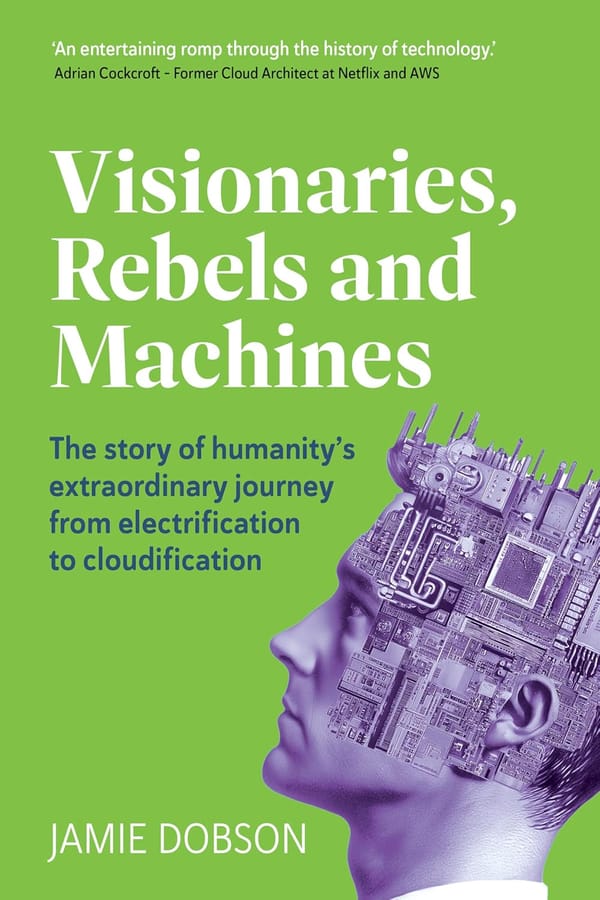October Update: Visiting Ukraine and AI
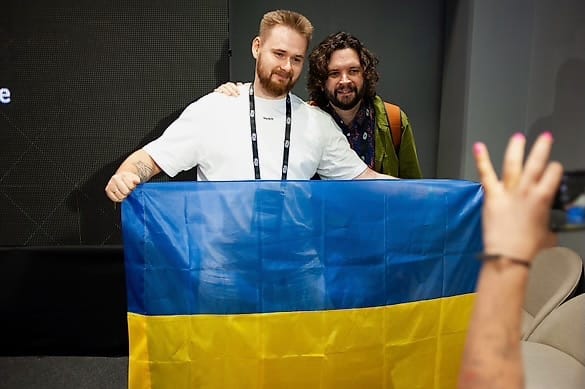
My goal with this news letter is to mostly keep things brief, but I had a trip to Ukraine last month that I felt compelled to write about in a bit more detail, so you can find more about my experiences of visiting the IT Arena conference in Lviv at the end of this post.
Before that, the normal updates...
Book Progress
I've finished off the chapter on thundering herds and it's already had a pass by my editor. Once at least one tech reviewer has done a pass, I'll aim to get that out to early access later this month. As you read this, the chapter on rate limiting (which looks at both load shedding and back pressure) should already be live, along with some small edits to the chapter on retries. Meanwhile, I'm switching focus to the chapter on how scaling up can help (or hinder) system resilience.
The pattern I've been following so far is to get each chapter to reviewers as I finish it and let them do their thing, whilst I write the next chapter. Once a draft is done I go over the feedback I've got on the previous chapter, address any issues raised, and then get that sent to early access. The idea is that I want to get lots of early feedback, rather than waiting till the end. With that in mind if you have read the early access version and have any feedback for me, then please do let me know!
Things I've Been Reading/Learning/Doing
Nothing specific to the book this month, largely due to being a busy with other work. A few fun things to share though:
- Adam Tornhill posted regarding a report on the use of generative AI in field experiments with software developers. The report itself cited that the use of AI generated code had no negative impact on code quality. The kicker? The paper in question didn't actually measure code quality, just measured if the code generated simply built 🙄.
- Related, CodeScene (the company Adam founded) put out the report Refactoring vs Refuctoring: Advancing the state of AI automated code improvements [PDF]. This report looked at the quality of code "refactored" by various LLMs. What they found was that whilst many of the popular LLMs can generate syntactically correct code, and have decent success on improving the "code health" of the code, most of them failed to actually ensure that the code still behaved the same way after the change (the best performing AI model they used, PaLM2 Code, still only had just under a 38% success rate in terms of ensuring that tests actually passed after being changed). You'll notice I put "refactored" in quotes here - a refactoring by definition does not change behaviour, and it seems that many of the AI tools out there missed that memo. Enys Mones and Peter Anderberg have a great talk which shares some of the discoveries covered in the paper, and does a good job of expressing many of the concerns I have around the use of AI models for code generation and refactoring.
- A blatant plug! Sarah Wells and I sat down to discuss her recent book, Enabling Microservice Success, for an episode of GOTO's book club. Sarah is a reviewer for Building Resilient Distributed Systems, and previously reviewed the 2nd edition of Building Microservices, so this is the friendliest of friendly chats. If you wanted to know more about issues like out of hours support, standardisation, and the cultural challenges of getting the most out of microservices, then this discussion is for you. I can also heartily recommend Sarah's book as well (I wrote the foreword!).
- I also had the chance to review a near-final copy of Camille Fournier & Ian Nowland's book, Platform Engineering. Rather than focusing on specific technical details that will likely age quite quickly, this is a book about principles and mindset. It's an essential read for anyone in charge of a platform, or considering one. I find that too many platform teams are just old fashioned ops teams with a couple of developers thrown in and a new name - this is the book that picks up where Team Topologies left off in terms of outlining a handbook for how platform teams can help rather than hinder software delivery.
Upcoming Events
I'm already taking bookings for events for 2025, and once these are publicly announced I'll update things here.
- Trifork Academy in Amsterdam, 26-27th November. This is a two day microservices masterclass, with tickets available now. I do have a cap in the number of attendees for this class, so make sure to sign up now to guarantee your spot. This is the last time I plan to run this class as a public event, so if you've been waiting to attend, now is the time to sign up!
- Tech.Rocks Summit in Paris 2-3rd December. I’ll be delivering the opening keynote, on the topic of resilience.
IT Arena, Lviv, Ukraine
I had visited Ukraine twice before. Both previous visits had been to Kyiv before the war - in fact, pre-COVID. Looking back both visits were a blur. I remember enjoying my time, and on one of the trips getting taken on a sightseeing tour of some of the amazing christian orthodox churches. When the invite came in earlier this year to participate in IT Arena, I was keen to go back, but that wasn't to say I accepted the invitation without careful thought.
IT Arena was held in Lviv, just over an hour's drive from Ukraine's border with Poland to the west. I flew into Warsaw, and was driven direct to Lviv itself. I wasn't entirely sure what to suspect. Until recently, Lviv had been relatively untouched by the war. At the start of September however, a missile strike from Russia hit Lviv killing 7 people, including a mother and her three daughters.
When walking around Lviv, What I saw most was people talking, laughing. Children running around, people drinking at bars, eating at restaurants and making the most of the great weather. I stuck my head into one of the churches in the city centre to see a christening taking place, a sight that wouldn't look out of place in many of the churches near me. Life goes on, but that doesn't mean it's unaffected.
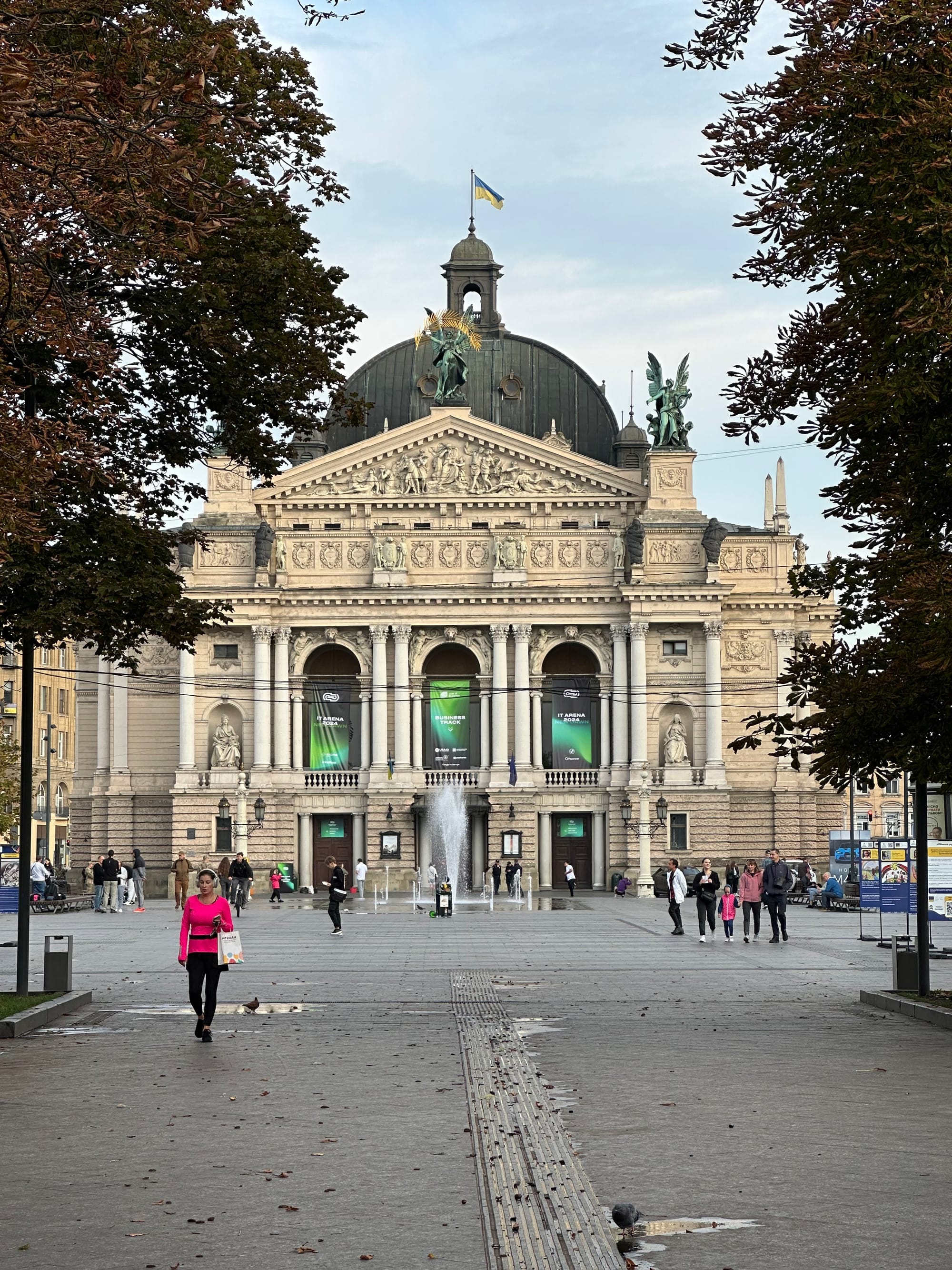
Initially I did not spot the impact of Russia's invasion. After a while, you notice that there are more people in uniform than you'd normally expect in a European city. I also saw several men with what looked to be recently missing limbs - including one solider who it was clear was still getting used to a new prosthetic.
Another thing I noticed on the drive to Lviv and in Lviv itself were sandbags pilled up around ground floor and basement windows, with what appeared to be makeshift tubes sticking out. It didn't take long to realise that these were makeshift bomb shelters.
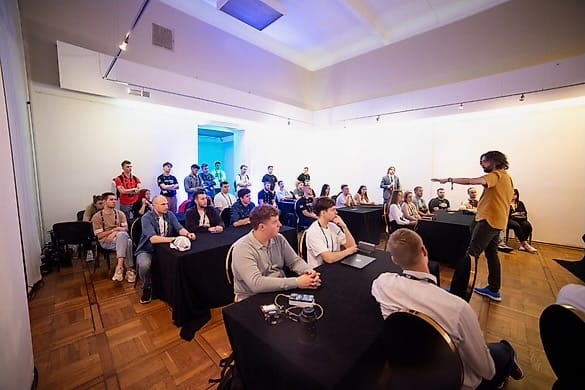
On the Friday I delivered a half-day workshop for the technical stream of IT Arena. Held at the The Andrey Sheptytsky National Museum, the space was amazing. It wasn't clear of the various exhibits had been moved due to the war or for the purposes of the conference, but most of the space seemed given over to booths, spaces for talks, and even some art installations.
As the workshop drew to a close, several people's phones chimed with some sort of alert. Asking if it was something to be concerned about, the initial response was that everything was fine, and that it's "not for us". This changed a few minutes later, when one of the attendees, on consulting their phone, said "actually, we should go".
As we filed out, and spilled on to Liberty Avenue, which runs from the opera house down to the monument of Taras Shevchenko, it was clear that the air raid siren had caused most people to evacuate the buildings around us, with many people starting to file off to various local shelters.
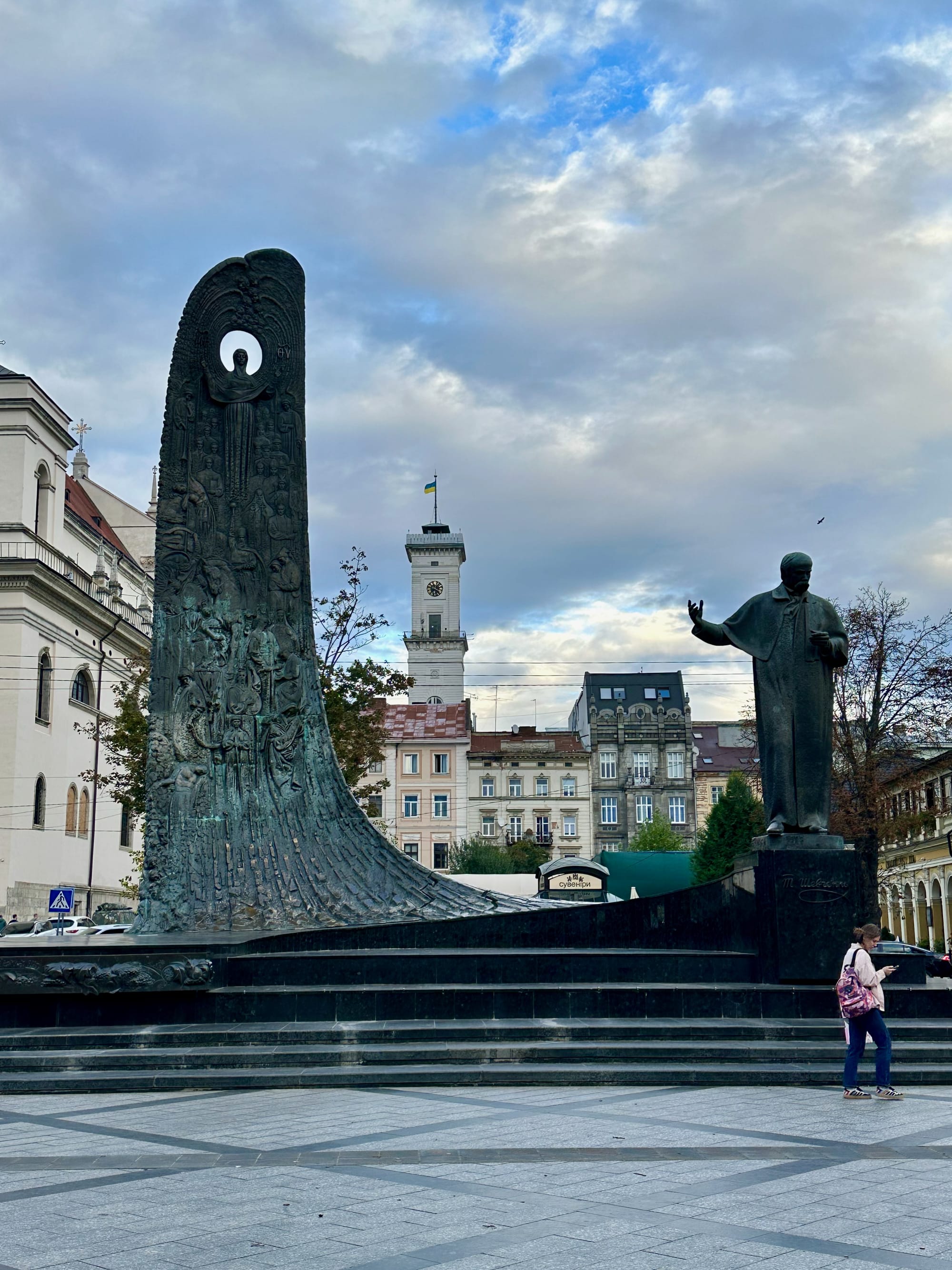
The alarm was thankfully short lived. During my time in a local shelter (which was actually an Irish pub in a basement, behind walls over 2 meters thick!) , I had a chance to chat with two of the attendees of my workshop over a glass of Kvass. Both had previously lived in Kyiv, but the invasion had caused them to leave, with only one of them eventually returning. Their stories of fleeing Kyiv aren't mine to tell, but it helped remind me that whilst life does indeed go on, and that things look fine on the surface, you didn't have to look far to see the impact on everyone around me despite our distance from the fighting to the east.
I left after four nights in Lviv, with an early departure back over the border, this time heading from Krakow airport and a flight home. In many ways, IT Arena was a conference like any other. People there to learn, to network, to share ideas, to have fun. It was all those things, but also very different as well.
Working With Me
Writing is a lot of what I do, but it’s not the only thing I do. I also provide consulting to organisations looking for help with tech strategy and architecture (especially as it relates to cloud, microservices and continuous delivery). I also can deliver tailored in-house training and presentations on a variety of topics. If you want to know more, then drop me a line on contact@samnewman.io.
